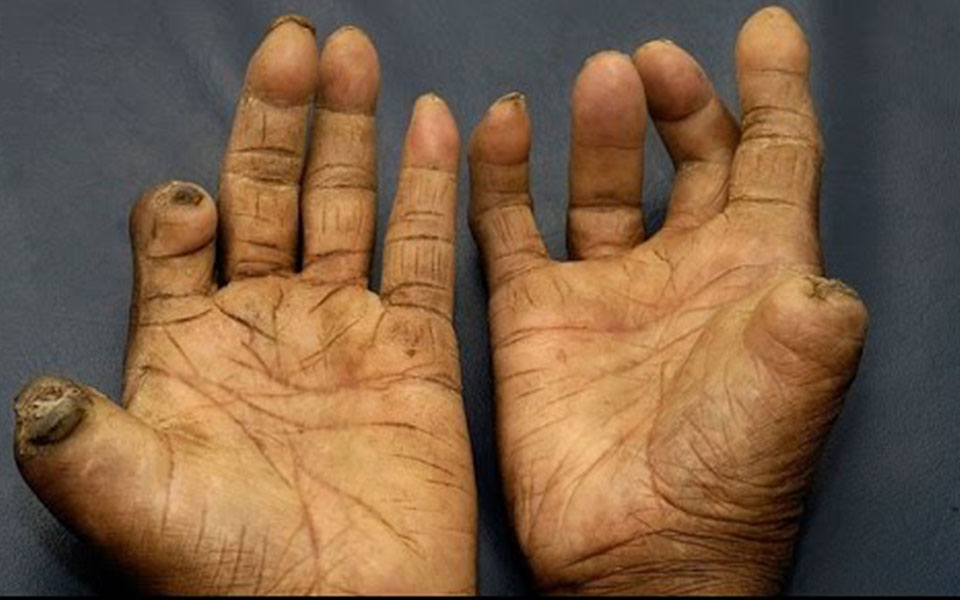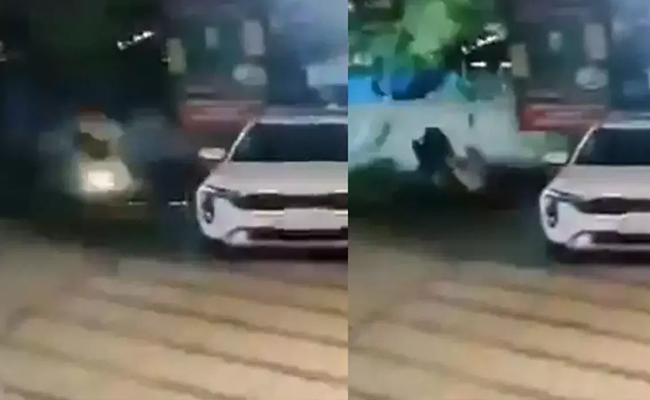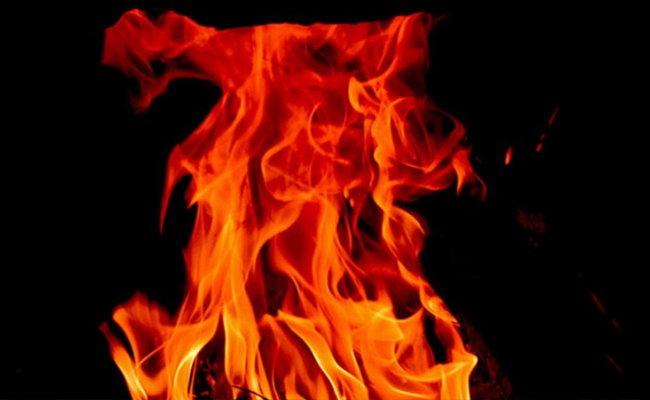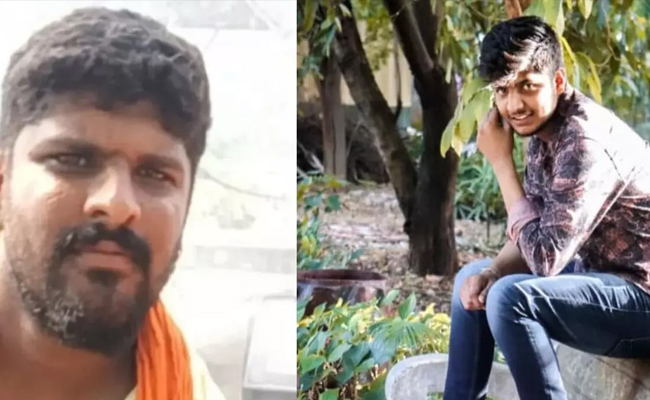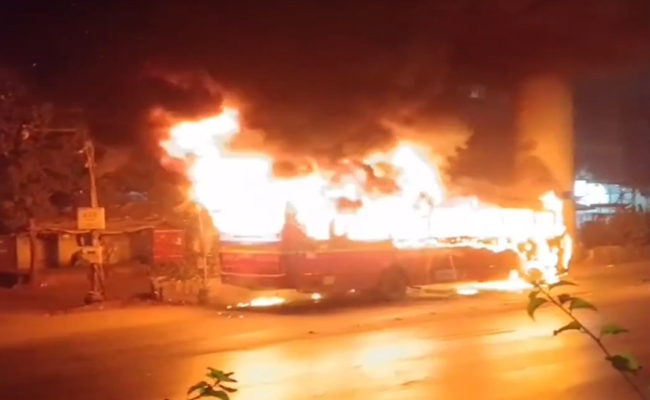New Delhi, April 24: The Supreme Court on Tuesday asked the Central and state governments to work for eradication of curable leprosy, and remove provisions from laws that discriminate against and stigmatise those affected from the disease.
A bench of Chief Justice Dipak Misra, Justice A.M. Khanwilkar and Justice D.Y. Chandrachud said asked the states to file a report, along with compliance affidavit, in six weeks on details about the steps taken to remove objectionable provisions from various statutes which discriminated against the persons suffering from the disease.
"The Centre and states shall rise to the occasion and act to eradicate the disease. Leprosy is a curable disease in the obtaining circumstances," said the bench.
The apex court's direction came after taking into considerations the submission of Additional Solicitor General Pinky Anand who submitted that Central government was taking steps to ensure deletion of certain provisions from a number of enactments as these cast "stigma" on persons suffering from leprosy.
The court was hearing a PIL by Vidhi Centre for Legal Policy (VCLP) which has listed 119 state and central laws that discriminate against leprosy patients and stigmatise them.
Senior advocate Raju Ramchandran, appearing for VCLP, had said these provisions in the central and state laws discriminate against the persons suffering from leprosy and also violated the fundamental rights of persons affected by leprosy under Articles 14, 19 and 21 of the Constitution.
He had added that these provisions deny them equal treatment under personal laws, in matters of employment and appointment or election to public office, as well as access to and free movement in public places.
Let the Truth be known. If you read VB and like VB, please be a VB Supporter and Help us deliver the Truth to one and all.
Thodupuzha (Kerala) (PTI): A 27-year-old man died after allegedly falling into an open roadside pit near Thodupuzha in Idukki district, police said on Tuesday.
The deceased was identified as Jeys Benny, a native of Muthalakkodam.
The accident occurred late Monday night when his two-wheeler plunged into the large pit dug on the side of the road as part of the construction work, they said.
Though he was rushed to a nearby hospital, his life could not be saved.
As the issue triggered heated protest, state Public Works Department (PWD) Minister Mohammed Riyas ordered a probe into the tragic incident.
He said the deputy chief engineer of the PWD has been entrusted with a probe into the incident and will take further action after receiving his report.
"Stringent measures will be taken if the negligence happened from the side of the Public Works Department," Riyas said.
In the CCTV visuals aired by TV channels, the bike could be seen plunging into the open pit.
According to local residents, the pit has been left open for over a month without adequate safety measures such as barricades or warning signs.
Following the incident, local residents staged a protest at the accident spot, alleging negligence on the part of the PWD.
Workers of the Opposition UDF also protested at the local PWD office demanding action against those responsible.

